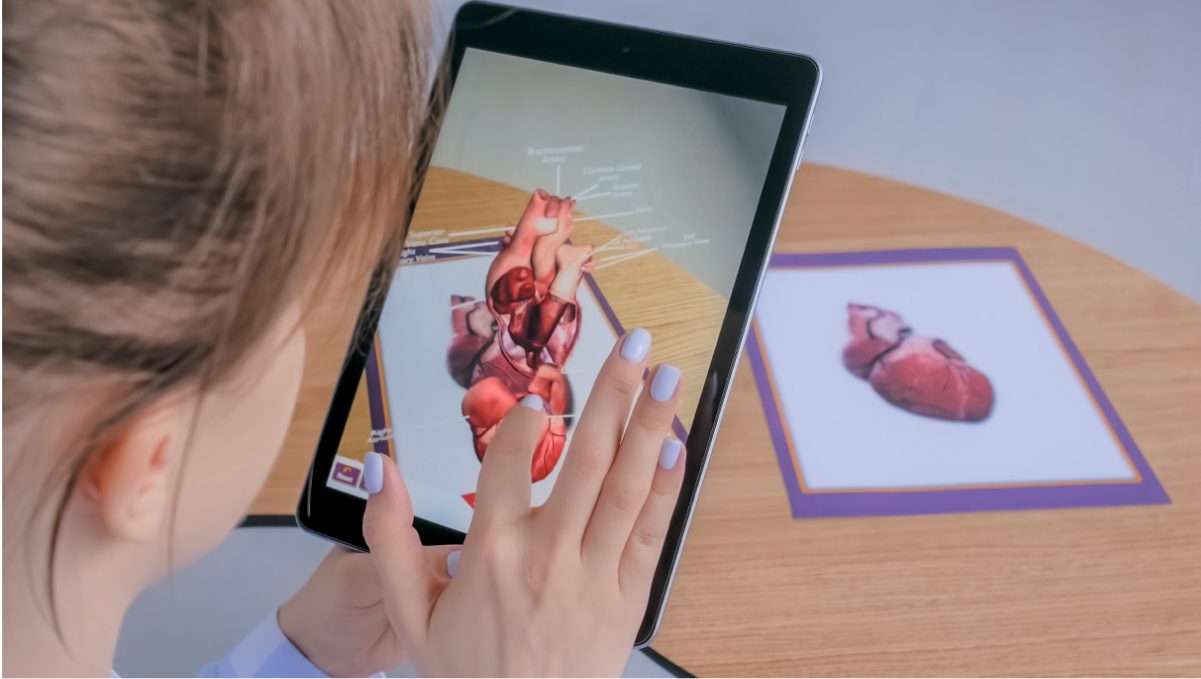

The NBA



A Day in the Life of Our Educators: Follow this interactive journey to see how a classroom teacher inspires learning every day for every student.
Our engaging, effective, and easy-to-use solutions help every school district accelerate student growth, scale teacher impact, and motivate learning every day. Industry-leading educational content, digital-first curriculum, personalized learning programs, and time-saving instructional tools enhance teaching and learning across core subjects.
Your daily classroom companion, continuously updated with educator-vetted, grab-and-go content and cross-curricular resources that foster curiosity, enhance instruction, and elevate achievement—all in one platform.
Automate differentiation and scaffold targeted instruction for reading proficiency with highly adaptive and motivating literacy experiences.
Empower student-led exploration of real-world phenomena with lessons that strengthen critical thinking and allow students to develop a personal relationship with the natural world.
Invite students to “think and do” as they progress through a personalized curriculum designed to build skills, fluency, and confidence.
Inspire students to work as historians, ask questions, analyze multiple perspectives, and synthesize information to strengthen their analytical skills.


The NBA


Verizon


3M










New Content


Success Stories


In the News
Interested in Bringing Discovery Education to Your School or District?
Dan Jones, Florida Special Education Teacher
DE is a perfect match to our district goal for ‘high-quality challenging education that instills character and enables students to compete successfully’. From the PreK videos, interactive labs, and the extensive partner programs, there is something for everyone. I especially like the PD opportunities for teachers.
Barbara DeSantis, Sayreville School District Technology Integration Trainer
Discovery Education has allowed my students to work on lessons they would otherwise not have access to. Our recent lesson was about how molecules move within solids, liquids, and gases, and the students were amazed with the interactive activity from Discovery Education. They were able to comprehend what we were talking about in our class and now have applied it to real life situations. I would not have been able to be successful in this lesson if it wasn’t for the help of Discovery Education
Arielle Sweiss, Florida Elementary School Teacher
Discovery Education provides all our stakeholders with compelling on-demand resources that provide real-world content meant to enhance all curricular areas. In addition, it promotes the effective use of the 5E Instructional Model as well as supports the STEAM competencies. Discovery Education provides a pathway to proficiency using engaging videos, magnifying student interest and furthering understanding. This platform truly meets the needs of all our learners.
Christina Pluhar, California Curriculum Specialist
Discovery Education supports our district goals by showing how important research is and helping us with inclusivity, access, and top-level thinking.
Dana Fontaine, Fremont Public Schools Librarian